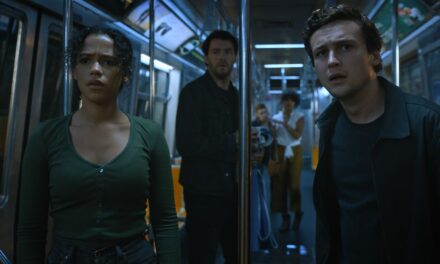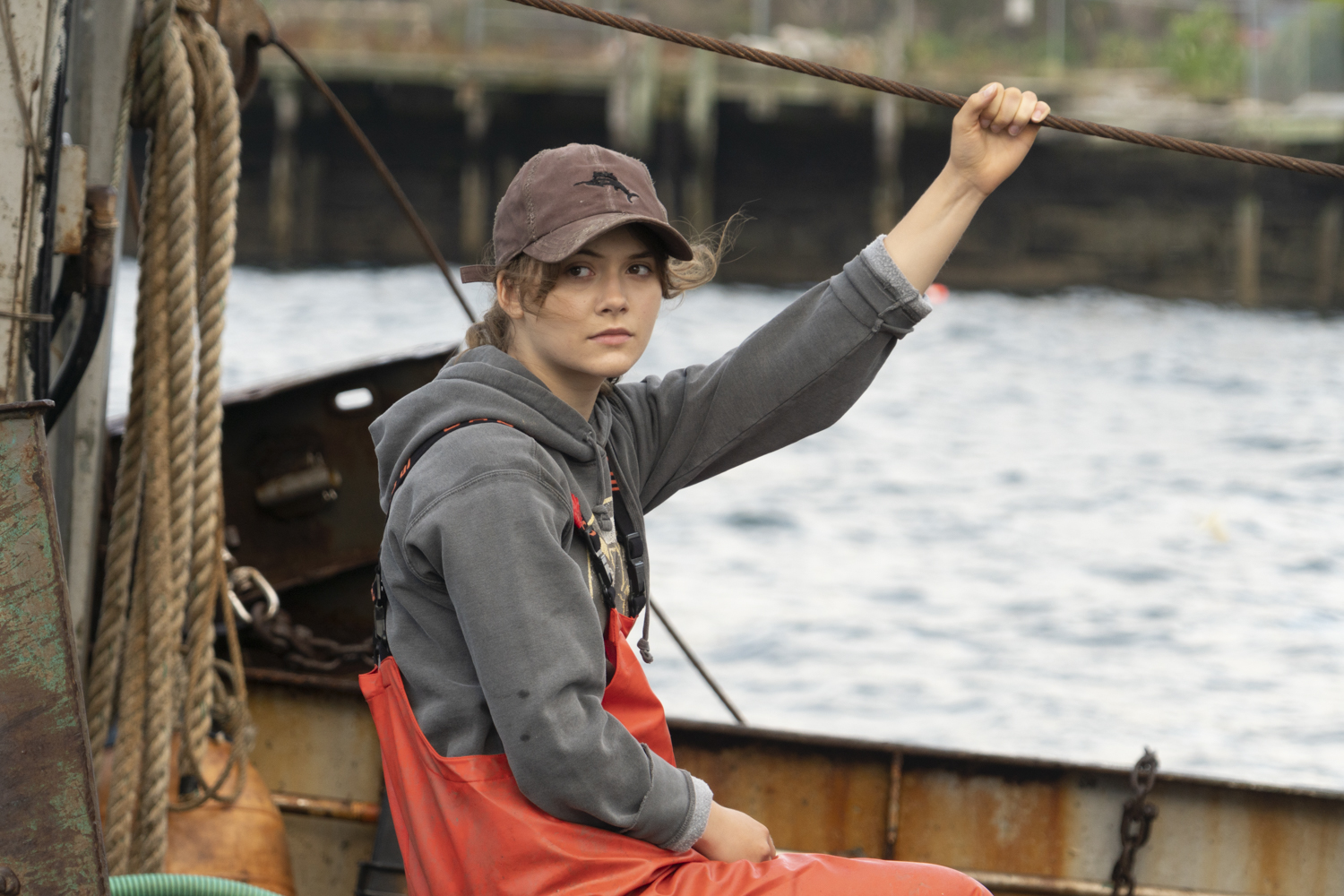CinemaCon is an exciting time because it’s where motion picture studios show off the projects they are most excited about to The National Association of Theatre Owners. Since 2020, it’s been more of a reference point for these studios to keep reiterating that they are invested in bringing their stories to the theatrical experience first and foremost. With the weird world of streaming, ticket prices, and the ever-evolving thoughts on theater etiquette, the public might have a different opinion. Nevertheless, Universal, Disney, Warner Brothers, Lionsgate, and more showed their prospective slates for 2024 and beyond. I couldn’t help but notice a recurring theme with most of these slates. For starters, there’s more emphasis on sequels, prequels, adaptations, and even the combination of franchises such as G.I. Joe and Transformers. You “Twisters,’ ‘Joker: Folie à Deux,’ Inside Out 2,’ ‘Gladiator 2.’ ‘Sonic The Hedgehog 3, and ‘Wicked’ are just a few to show there’s a profound reliance on IP and not so much on original ideas.
You might point to the 2023 box office to show why there’s a more significant emphasis on why studios are doubling down (nine of the ten top-grossing films were either a sequel or based on existing IP). Still, I’d also like to point out that Christopher Nolan’s ‘Oppenheimer’ (number three) was a three-hour film based on the man who created the atomic bomb. There is an argument that if Barbie resided in brand recognition, it wouldn’t have been the phenomenon it grew out to be. However, an intelligent flip on feminism, patriarchy, and how they work together within the story of Barbie and Ken kept audiences coming back for more. I mention this to say while CinemaCon was going, the film announcements for Cannes were happening, and many eyes looked upon one film, the legendary Francis Ford Coppola’s ‘Megalopolis,’ where it will have its world premiere.
As of typing this, Megalopolis still hasn’t found a distributor, and Ford Coppola had to put up $120 million of his own money to get it made. This man gave us The Godfather, Apocalypse Now, and a fantastic adaptation of Bram Stoker’s Dracula — yet he still can’t find a backer for this film. Why? Because it’s not marketable enough, or it might challenge the audience? That’s exactly what great art does; it doesn’t allow us to rest on our laurels, but instead stretches our boundaries at what the world looks like. Sometimes, those swings will knock it out of the park, and you’ll strike out other times. However, I think someone like Ford Coppola has given us so much to buy into this wild and crazy idea.
For that climate to exist, we have to be okay with particular pieces of art being final and allowing creators to follow their weird and wonderful hunches with backing.
It doesn’t just stop there. David Lynch couldn’t gain funding for his animated feature and had Netflix reject it (which is a shock because they greenlight a lot of projects). John Waters can’t get the backing to fund his first film in 20 years, Liarmouth. Martin Scorsese had trouble finding backers for The Irishmen and Killers of The Flower Moon. It extends beyond just great directors who want to chase art to its fullest in their twilight years. If you think this risk aversion to the max is just at the legend level, consider how it impacts what diverse stories are made. There have been a lot of Black and Latino-created/fronted shows canceled or not even put into production because they don’t hit these moving metric targets that nobody can get a handle on. Cinema and television should embrace different perspectives because the overall medium grows as it adopts a melting pot mentality. If you’re seeking one perspective, you’re stunting the growth of what the canvas can be. Women filmmakers set an Oscar record with nominations this year. Why not build on that and invest in more projects where women are the leading voices?
It’s not that I don’t enjoy the absurdity of Fast X or the next iteration of the MCU; I also want room for the Poor Things and Hereditarys of the world. It’s not that Inside Out 2 can’t be great, but ideas don’t have to be attachments to things already made. For that climate to exist, we have to be okay with particular pieces of art being final and allowing creators to follow their weird and wonderful hunches with backing. We live in a capitalist society that focuses on shareholders, bottom lines, and “playing it safe for margins sake.” It’s something we can’t escape. However, we can’t live in a creative world where someone like Scorsese has to attach himself to a franchise so that he can work. If you want people to come back to theaters, give them something new to see. Or you could make Cars Part 18 and then wonder where it all went wrong.
PHOTO: ANGELA WEISS/AFP VIA GETTY













